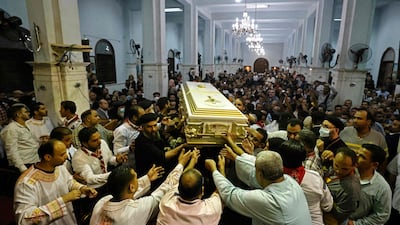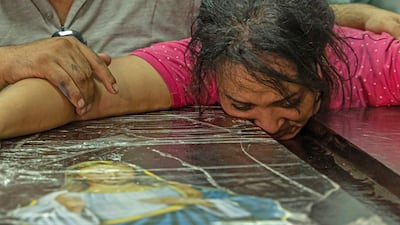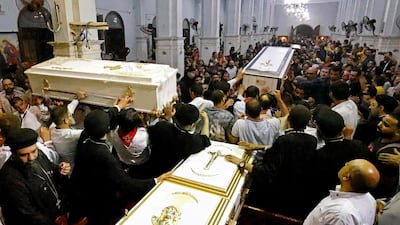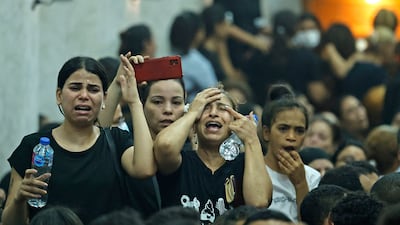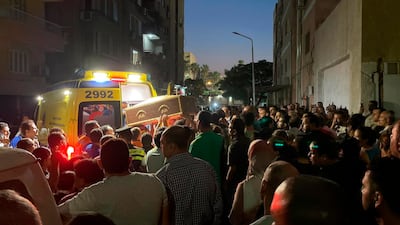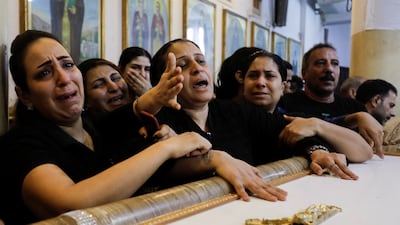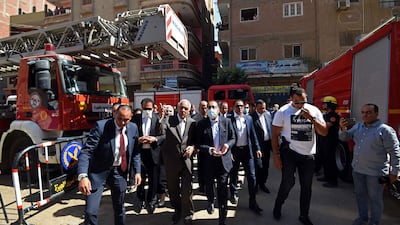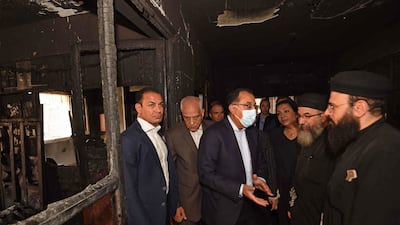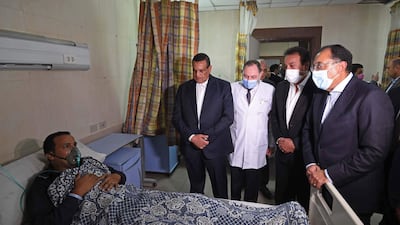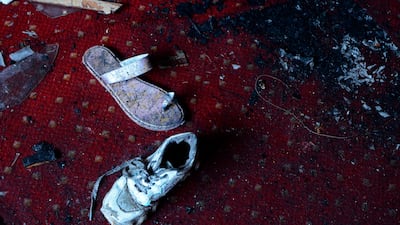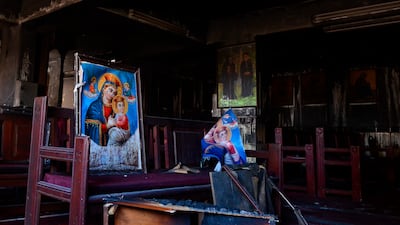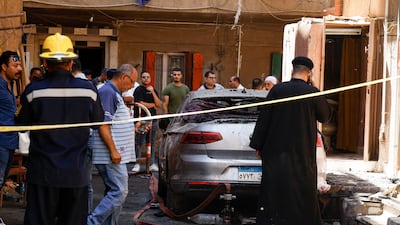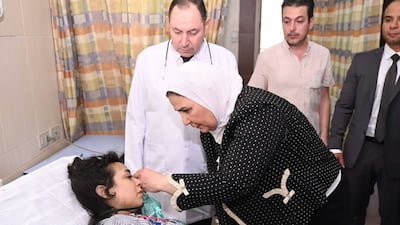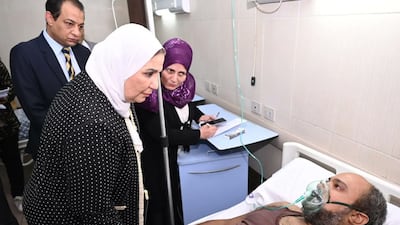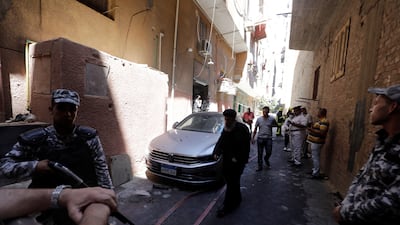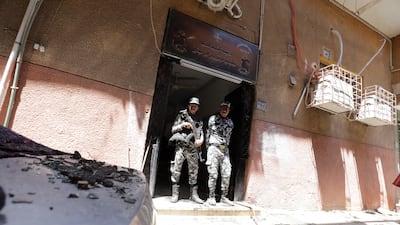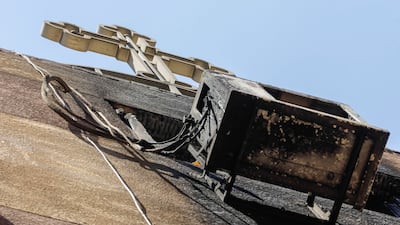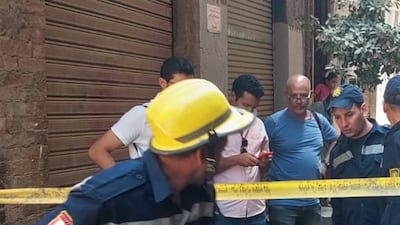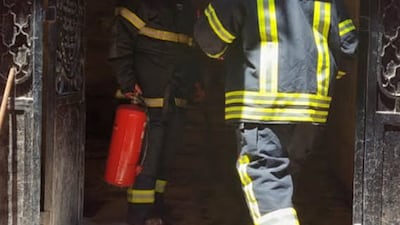Egypt's government gave official permits to 125 buildings belonging to the Coptic church on Monday.
It brings to 2,526 the number of permits granted to previously unlicensed Egypt churches by a committee formed in 2017, the cabinet said.
The permits can be given to four types of building: churches, solitude or retreat houses (where priests and students can sequester themselves in study or prayer), service buildings and annexes. They give the church the right to renovate, rebuild and expand the structures as it sees fit.
Reverend Mikhail Anton, vice-chairman of the Committee to Legalise the Status of Churches, separate from the one convened by the cabinet, lauded the effort to legalise churches in Egypt.
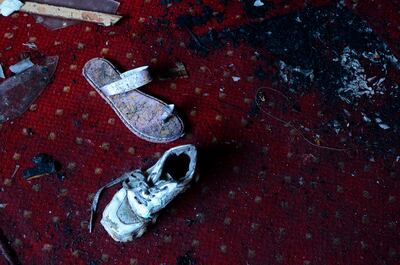
“We are very thankful for the care being shown to our community by the cabinet committee and we are working closely with them to ensure that all the legalised churches are safe for worshippers and those who live around them,” Mr Anton told The National.
Up until 2017, when then prime minister Sherif Ismail formed the church legalisation committee, Egypt’s churches were all technically unlicensed by the government, Mr Anton said. They were often built in densely populated neighbourhoods with narrow streets and poor fire safety, which has made them prone to accidents.
In August, a fire at the Abu Seifein church in a low income neighbourhood in Giza killed 44 worshippers who were locked inside one of the chapels. During the same month, multiple other churches also witnessed fires, albeit much less deadly than the one at Abu Seifein.
The reason given by authorities for the string of fires was electrical short circuits, except for a fire at a church in the province of Minya which they said was caused by children playing with lit candles.
Abu Seifein had been licensed by the government in 2019, but that was not enough to prevent the deadly fire, highlighted the need for churches to implement safety protocols. Mr Anton declined to comment on this point.
Monday’s cabinet statement said particular attention was being paid to equipping churches with fire extinguishers and ensuring they had escape routes.
Mr Anton said while these protocols was important in theory, it is difficult to implement due the areas many churches are built in.
“One such protocol for instance is that churches must be built on streets which are at least four metres in width,” he said.
“This is important but as is the case with many churches in upper Egypt, they simply don’t have access to the space because of where they are built.
“So we are trying to get more flexibility from the government on the safety measures so that licenses aren’t revoked later when they find that the rules weren’t being met.”
Only licensed churches must implement the protocols, Mr Anton said, as they can only be regulated by the government if they are first recognised by it.
The cabinet committee formed by Mr Ismail is made up of representatives of the ministries of defence, military production, housing, local development, justice and antiquities.
One representative each from the General Intelligence Service, the interior ministry’s National Security Agency and the Administrative Control Authority are also on the committee, which currently has only one representative of the Coptic faith.
